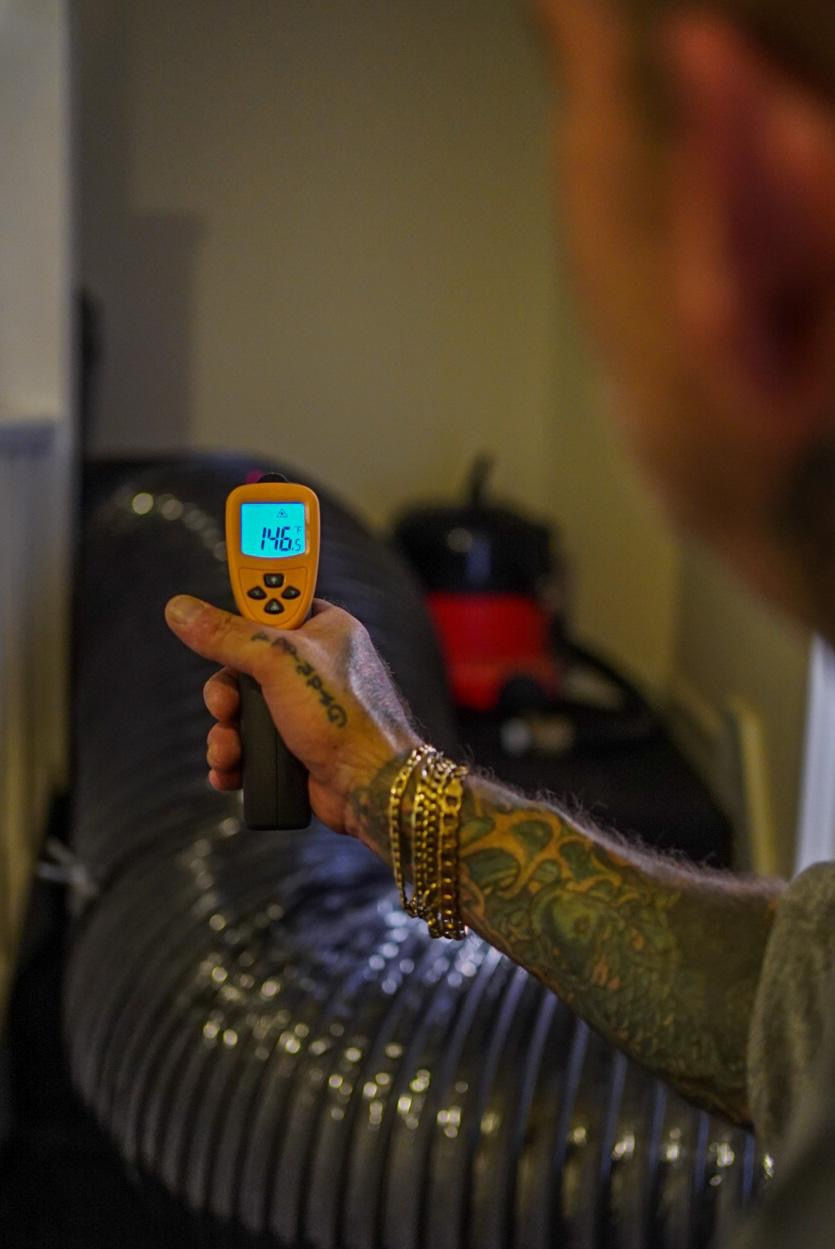Are Bedbugs Common In The UK?
- Lauren@Heat-Treatments UK

- Aug 21, 2019
- 3 min read
As the months go on, bedbug infestations are increasing very quickly and people don't realise the affect these can cause you.

We actually have more cases of bedbugs in London and Essex than anywhere else in the UK but they are a common pest in all areas. Bedbugs are generally more active at night, and infestations usually occur in bedrooms and living areas. They need to live near to a place where their food source (which may be you) is going to stay still for quite a while. If they are in your bedroom, they will come out during the night while you are sleeping.
Do you think you have a Bedbug problem in your property or work place? Do you need it treated quickly by a professional to a very high standard?
Call us on 0203 600 0401!
How do you know if you have them?
Bed bugs conceal themselves very well although visible to the human eye. Remain at most times undetected retreating into a range of cracks and crevices in its environment your abode! A very good method of gauging if you have bed bugs is applying very sticky double sided or carpet tape on all sides of your bed frame, thereby catching them or even as a temporary measure to help against immediate biting as the host sleeps. Generally black dots closely bunched together are signs of bed bug faeces. Surprisingly bed bugs also hide under your carpets. These insects need to be where a host is going to be, for an extended period. If in the bedroom, they will come out at night while the host is sleeping, from hiding places such as the frame and headboard of the bed, behind any loose or peeling wallpaper, cracks in wood-work or plaster, from behind ward-robes or bedside cabinets. In the lounge area, they favour soft furnishings and are often found around the arm joints of armchairs and settees.
Identifying a Bedbug and their bites
Adult bedbugs are 4 – 5 mm in length, wingless and uniformly mahogany brown in colour. They have long well-developed walking legs with efficient tarsal claws for clinging on to the host during feeding. Prominent antennae project from the head adjacent to the compound eyes.
You will be bitten! The initial warning of a growing infestation is from actually being bitten.
The resulting irritancy of the anti-coagulant chemical around the bite site can be severe, particularly to people with soft sensitive skin. Scratching is difficult to resist but this can cause infection of the bite area. If this is a likely problem, you should consult a Doctor or Chemist to obtain appropriate medication. The bedbug feeds on the host by finding a bare patch of skin, through which it forces the feeding tube of its mouthparts, whilst at the same time injecting the host with its saliva. The saliva contains a chemical that prevents the blood from clotting. It is this substance that causes the itch and swelling associated with the ‘bite’
The bite from this insect can be very irritating. If they are allowed to multiply unchecked, numbers could become such, that the host/s may become anaemic through blood loss, although this is rare.
Are Bedbugs attracted to you and why?
- Bedbugs are a parasite that are highly attracted to blood as this is their main food source, and as all humans contain a large amount of blood this is the main thing that attracts them to you.
- Bedbugs have a very good sense of carbon dioxide (in which you breathe out) and can also sense body temperature, so in the night time they can find you easily.
- Bedbugs need to have hiding places. They will have to hide somewhere near your bed or other furniture where you have spent time on. Even thought they are named Bedbugs they will also be in your sofas and places you couldn't think of like cracks in walls, power outlets, skirting boards, bed frames and more.
What should you do if you have Bedbugs?
You will need to contact a professional pest control company to come and eradicate your problem. If you suspect an active Bed Bug infestation book a professional bed bug treatment as soon as possible! Call us now on 0203 600 0401



Comments